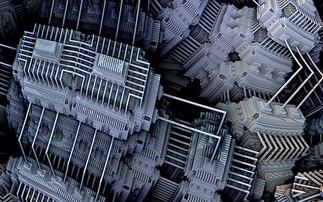Istanbul offers more performance at same power draw as quad-cores
The six-core Opteron is aimed at the most demanding datacentre workloads AMD has introduced a six-core version of its Opteron server chip designed for the most demanding datacentre workloads, suc...
To continue reading this article...
Join Computing
- Unlimited access to real-time news, analysis and opinion from the technology industry
- Receive important and breaking news in our daily newsletter
- Be the first to hear about our events and awards programmes
- Join live member only interviews with IT leaders at the ‘IT Lounge’; your chance to ask your burning tech questions and have them answered
- Access to the Computing Delta hub providing market intelligence and research
- Receive our members-only newsletter with exclusive opinion pieces from senior IT Leaders






















